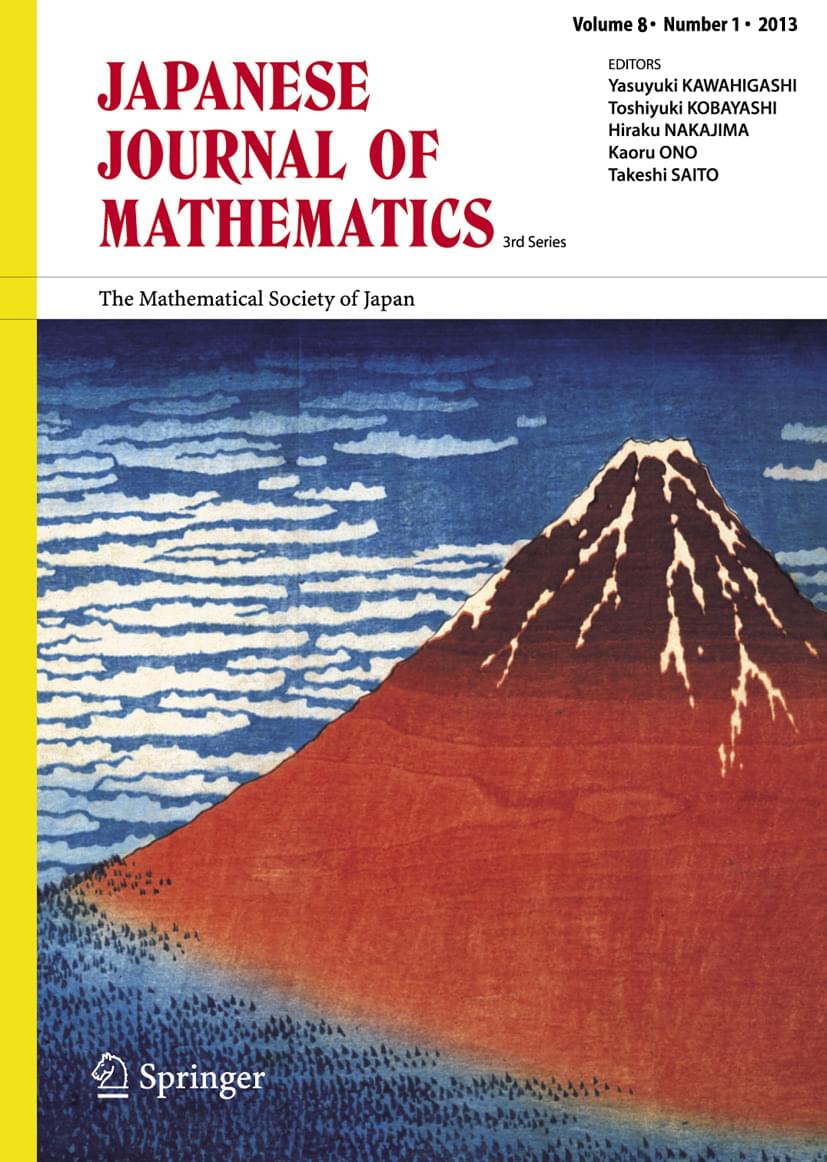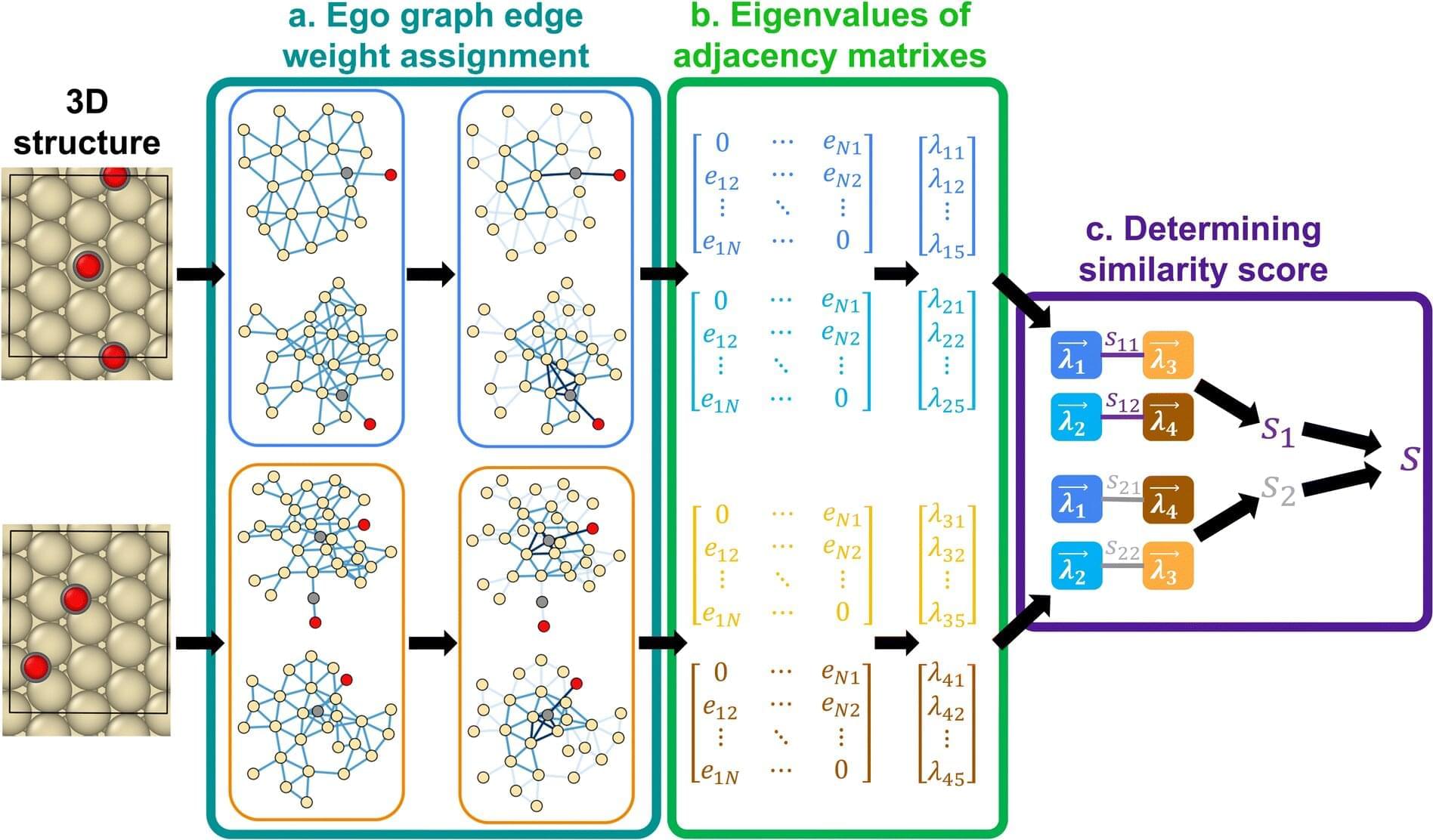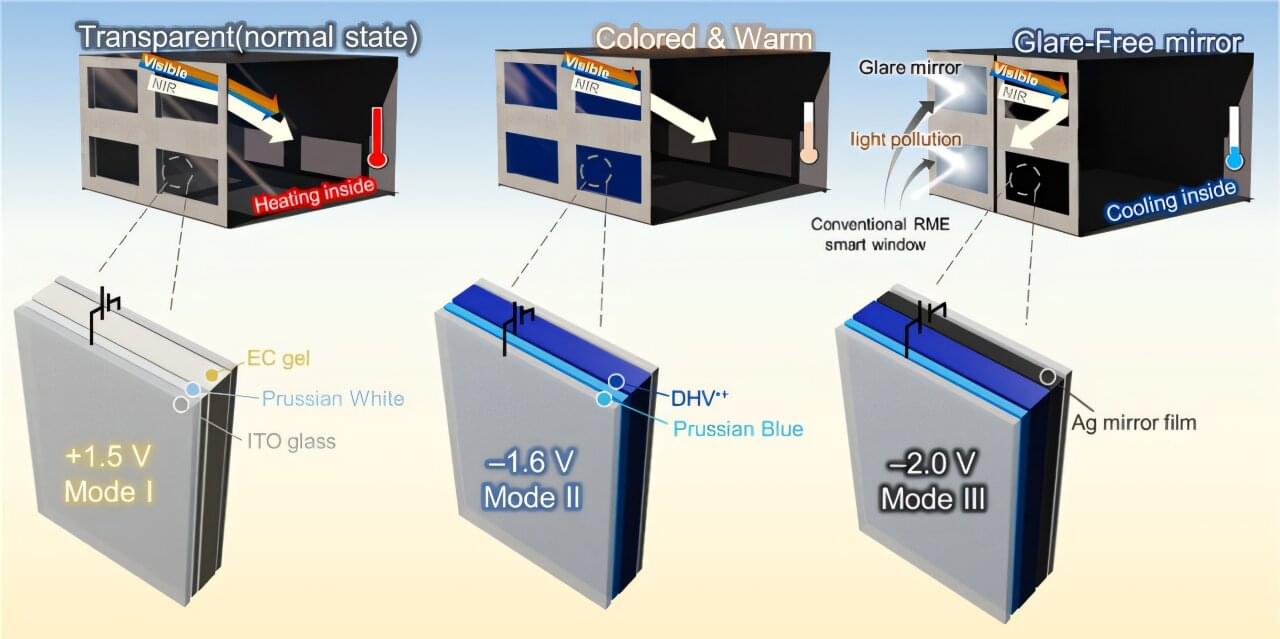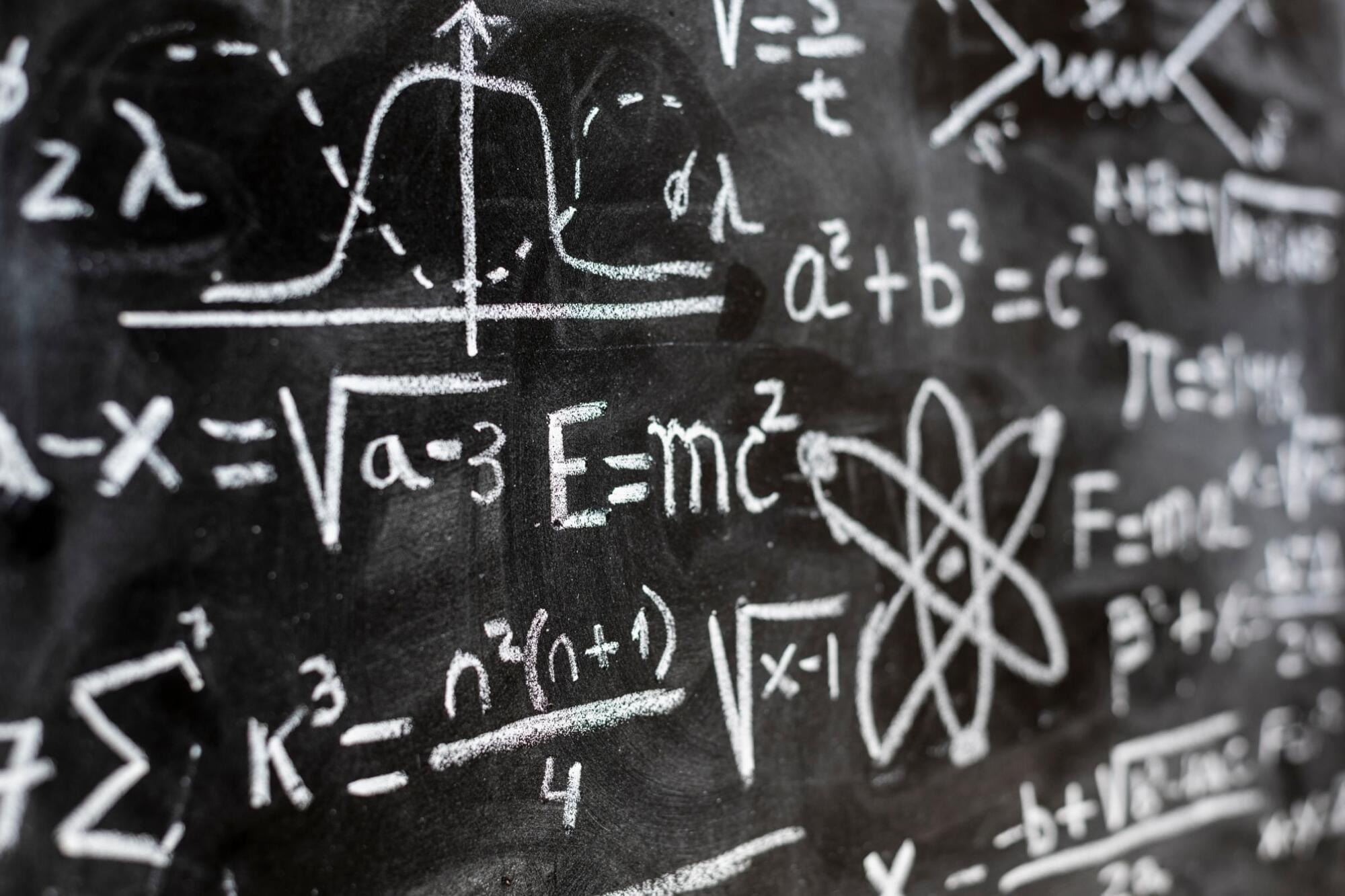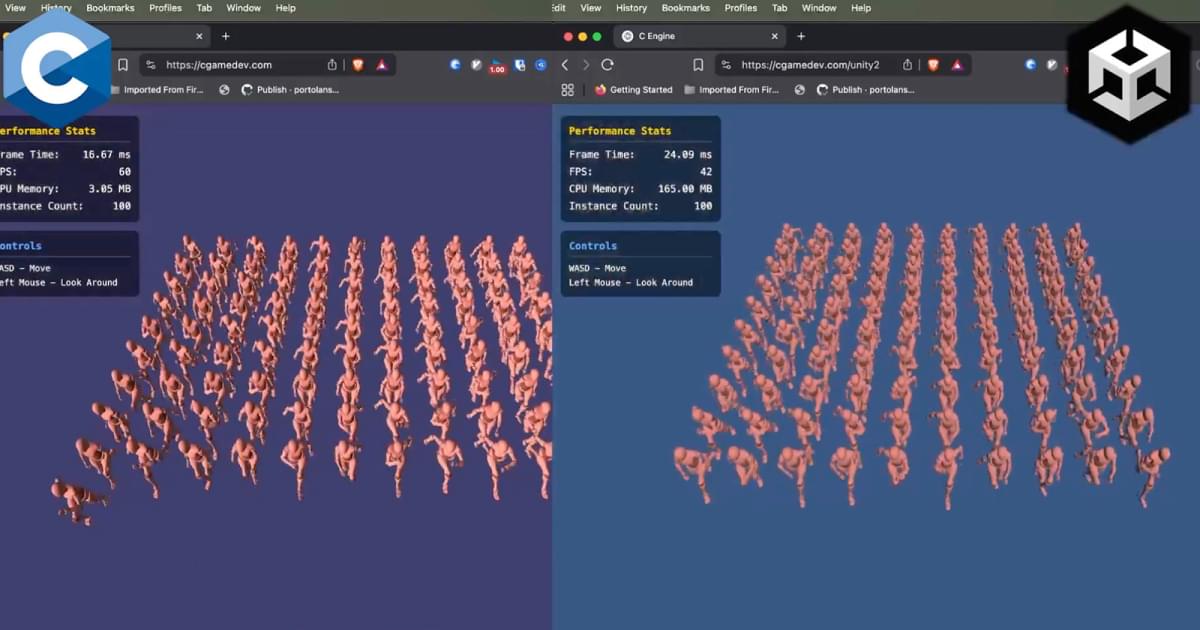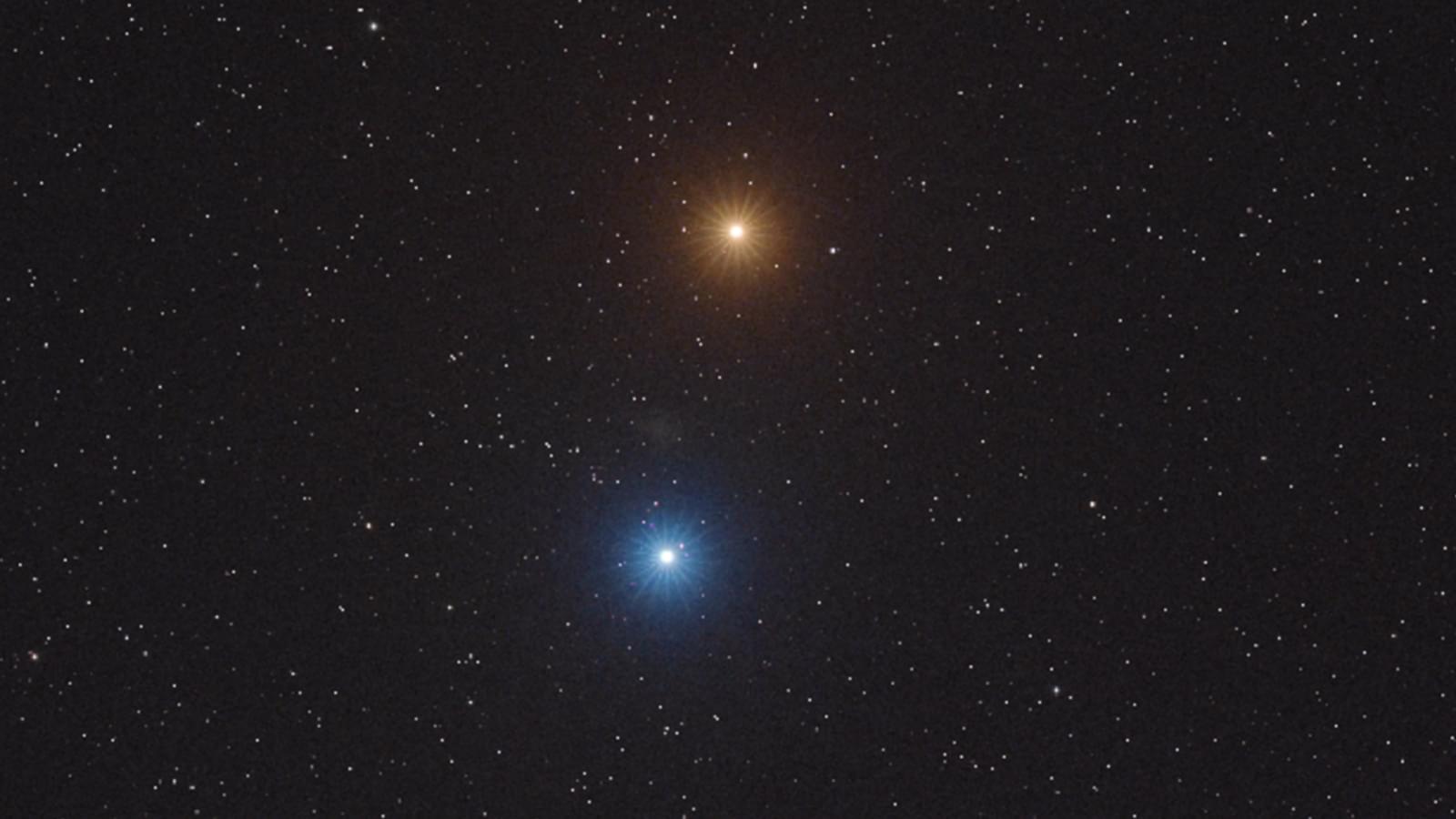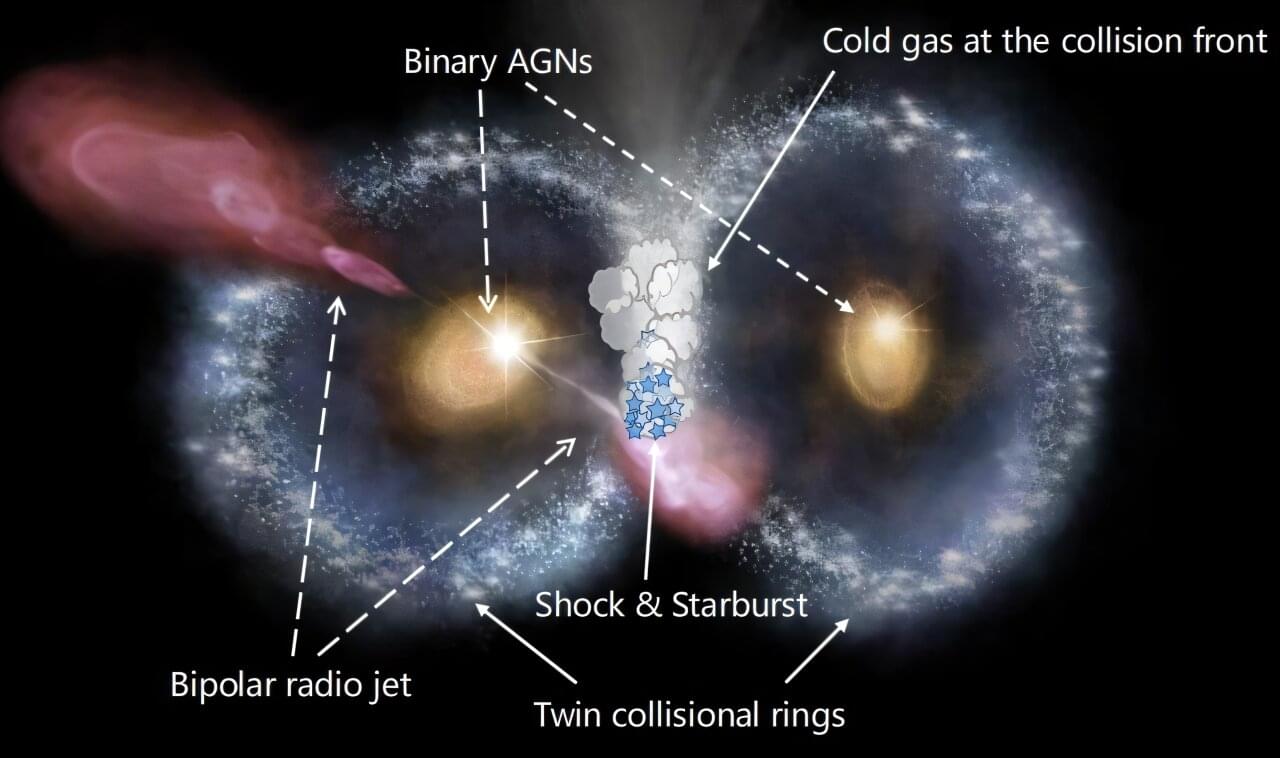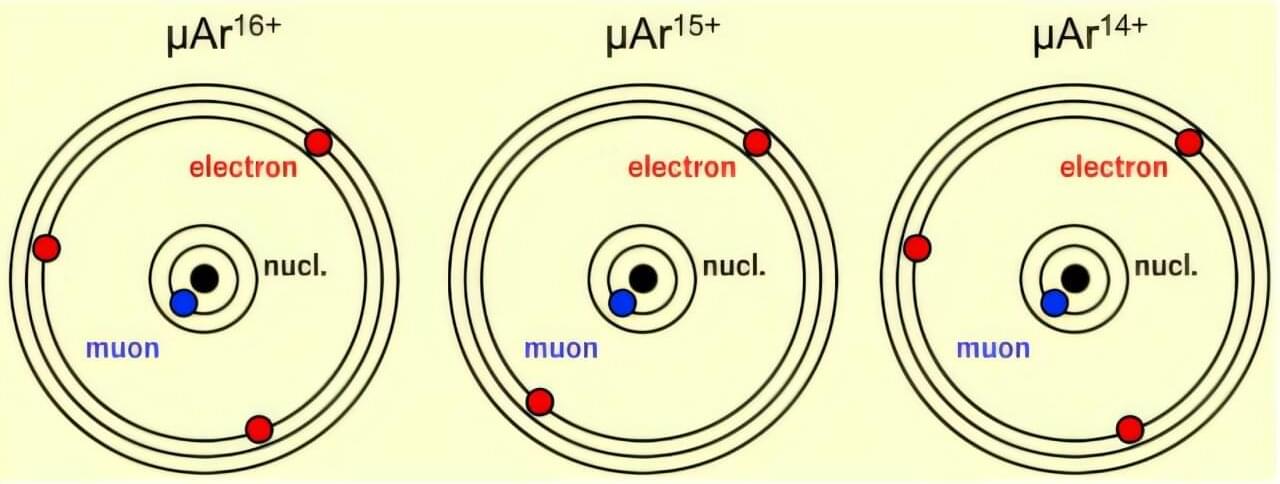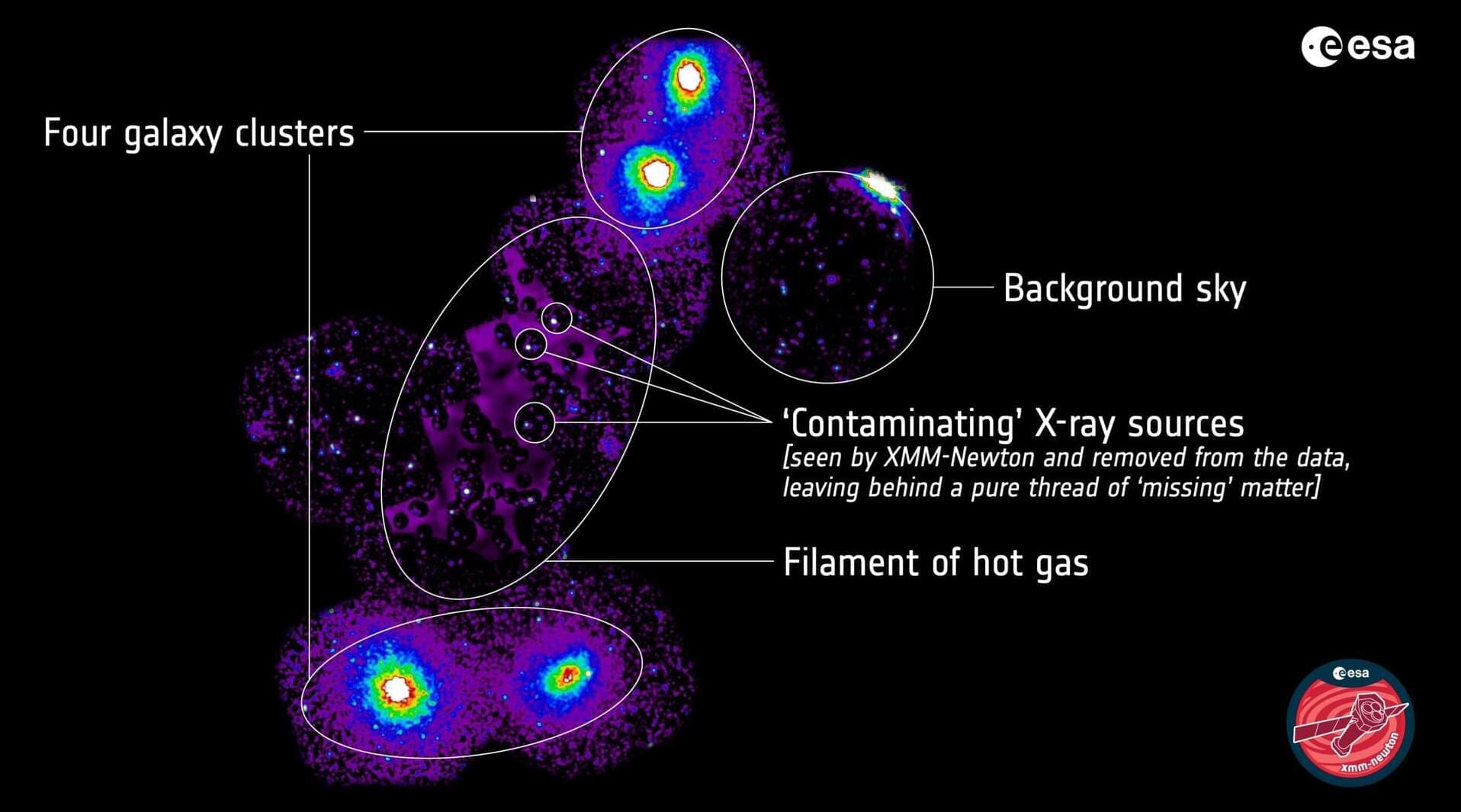Information geometry has emerged from the study of the invariant structure in families of probability distributions. This invariance uniquely determines a second-order symmetric tensor g and third-order symmetric tensor T in a manifold of probability distributions. A pair of these tensors (g, T) defines a Riemannian metric and a pair of affine connections which together preserve the metric. Information geometry involves studying a Riemannian manifold having a pair of dual affine connections. Such a structure also arises from an asymmetric divergence function and affine differential geometry. A dually flat Riemannian manifold is particularly useful for various applications, because a generalized Pythagorean theorem and projection theorem hold. The Wasserstein distance gives another important geometry on probability distributions, which is non-invariant but responsible for the metric properties of a sample space. I attempt to construct information geometry of the entropy-regularized Wasserstein distance.
